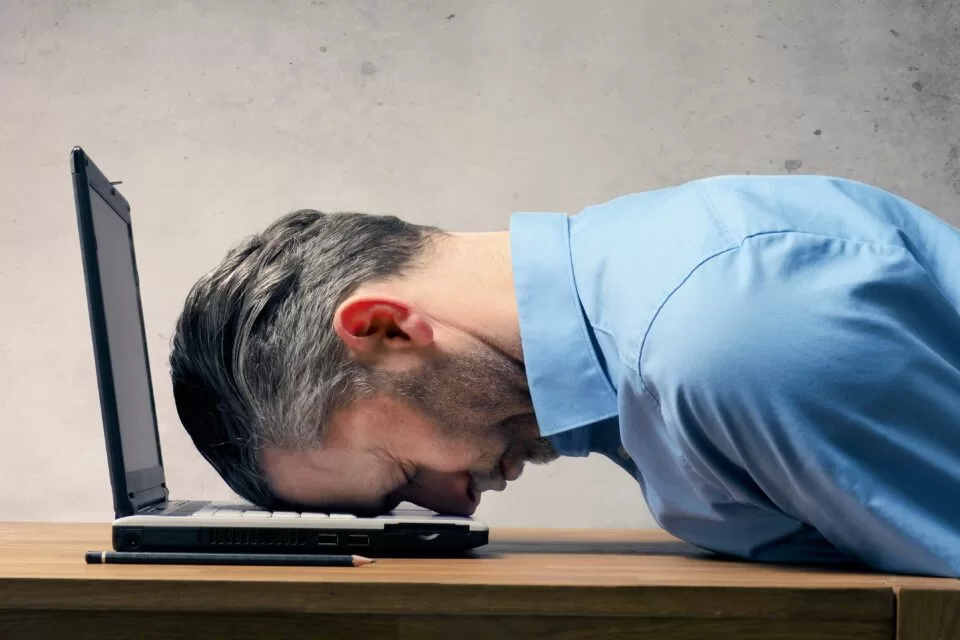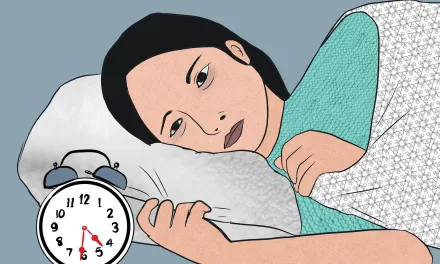A new study has revealed that Australians are waiting an average of 12 years before seeking help for mental health and substance use disorders, highlighting a concerning delay in accessing essential support.
While many Australians proactively manage their physical health, mental health concerns often go unaddressed for years, sometimes never receiving professional attention. Delays in treatment can lead to worsening conditions that become more complex and difficult to manage.
Key Findings of the Study
The research, based on data from the 2020–22 Australian National Study of Mental Health and Well-being, conducted by the Australian Bureau of Statistics (ABS), examined patterns in help-seeking behavior.
The study found that the delay in seeking professional help varied depending on the type of disorder:
- Individuals with mood disorders (such as depression and bipolar disorder) waited an average of three years before seeking treatment.
- Those with substance use disorders sought help after an average of eight years.
- Anxiety disorders had the longest delay, with an average wait time of 11 years before individuals sought treatment.
Among anxiety disorders, individuals with panic disorder sought treatment relatively quickly (an average of two years), while those suffering from social anxiety disorder delayed seeking help the longest—on average, 13 years.
The study also highlighted disparities in help-seeking behavior across different demographics:
- Nearly all individuals with depression (94%) sought help, whereas only 25% of those with an alcohol use disorder did.
- Women were more likely than men to seek help for anxiety and mood-related concerns but less likely for substance-related problems.
- Younger generations (Gen Z and Millennials) were far more proactive in seeking help compared to older generations. Those born between 1992 and 2005 were four times more likely to seek treatment for substance use and nearly twice as likely to seek help for mood disorders than those born before 1972.
How Does Australia Compare to Other Countries?
Despite the significant delays, Australia’s mental health help-seeking patterns are comparable to those in other countries. For example, the average delay in seeking treatment for anxiety disorders (11 years) is in line with international trends, which range from 10 to 30 years.
However, Australia has shown progress in addressing alcohol-related issues. The current eight-year delay in seeking help for alcohol use disorder is a significant improvement from the 18-year delay reported in 2007, likely due to increased awareness and education around alcohol consumption.
Reasons Behind Delayed Help-Seeking
There are several barriers preventing individuals from accessing mental health support in a timely manner:
- Limited access to services and high out-of-pocket costs.
- Fear and stigma associated with mental health problems.
- Lack of awareness about where to seek help and what treatments are available.
- Difficulty finding the right treatment, leading some to attempt self-recovery without professional intervention.
Addressing the Issue
Experts stress the importance of reducing stigma and improving access to mental health services. Expanding anti-stigma campaigns and increasing education can encourage individuals to seek help earlier. Additionally, there is a pressing need for greater investment in mental health care, ensuring that services are available and affordable when people decide to reach out for support.
By fostering a proactive approach to mental health, Australia can work towards making mental health check-ups as routine and accepted as visiting the doctor for a physical illness.
Disclaimer: This article is based on research findings from the study “Treatment rates and delays for mental and substance use disorders: results from the Australian National Survey of Mental Health and Wellbeing,” published in Epidemiology and Psychiatric Sciences (2025). The information provided is for educational purposes only and should not be taken as medical advice. If you or someone you know is struggling with mental health, please seek professional support.











